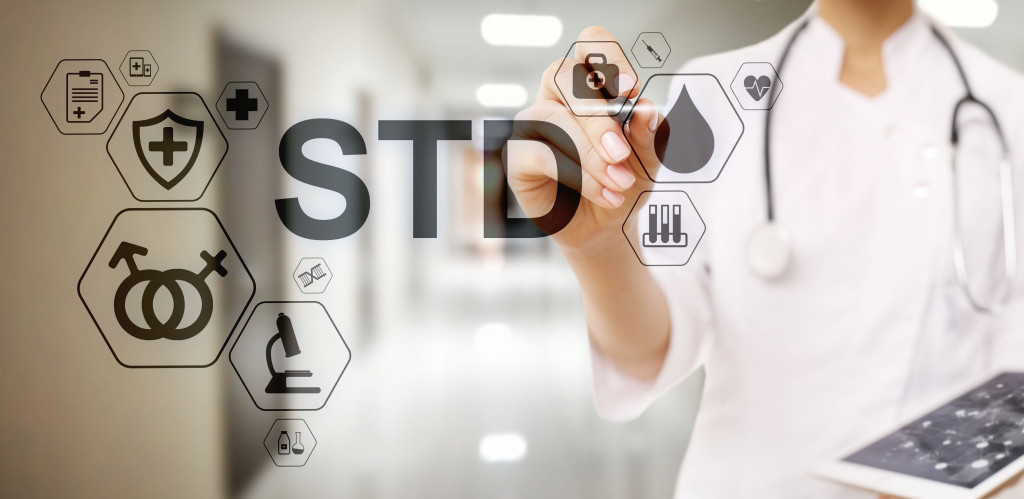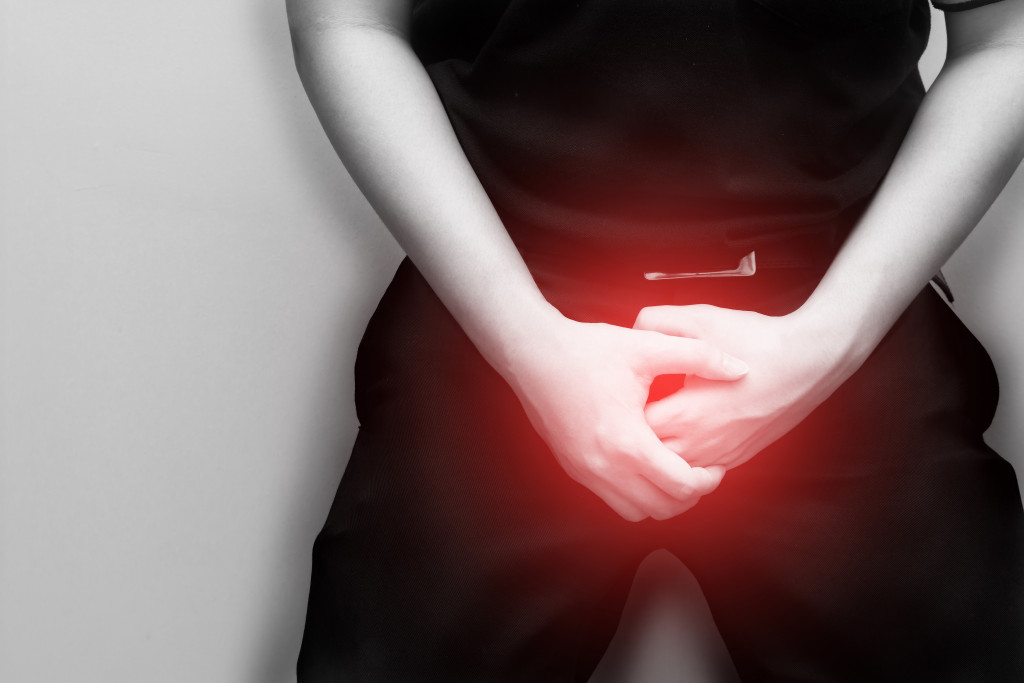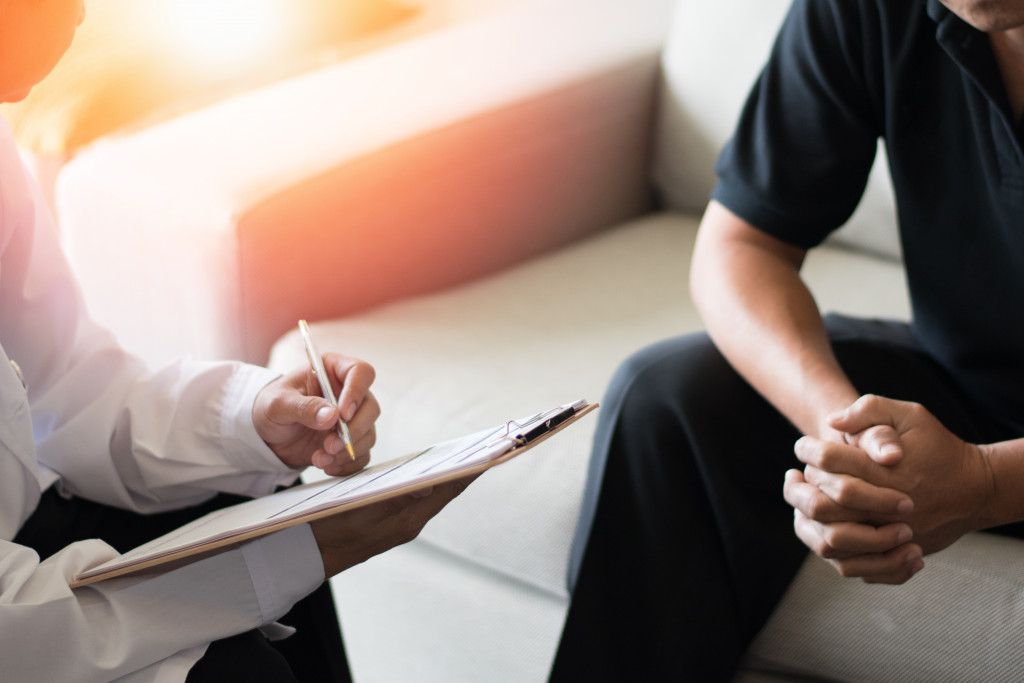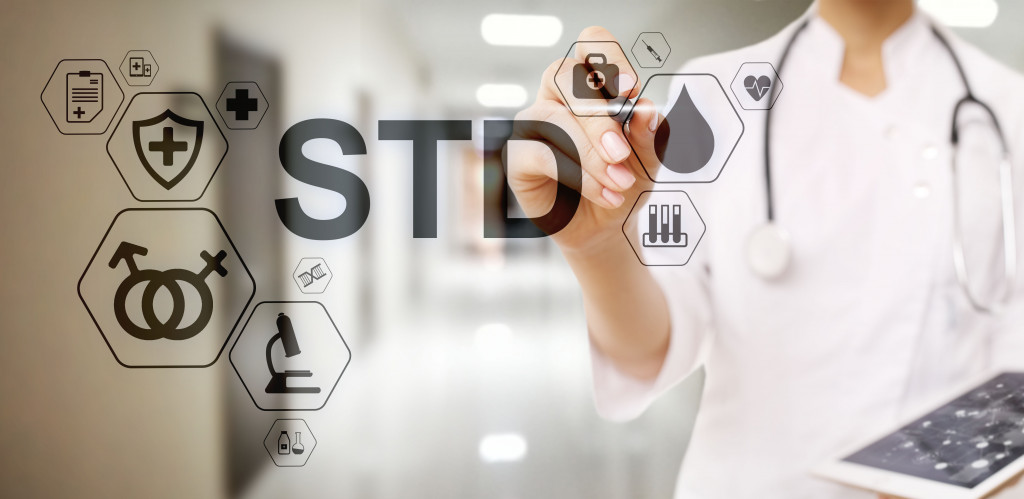
- STDs are contagious diseases transmitted through intimate contact, potentially affecting your health and appearance.
- Genital warts, herpes, syphilis, gonorrhea, chlamydia, and pubic lice can significantly affect physical appearance.
- Symptoms range from sores, warts, boils, rashes, scarring, discoloration, and hair loss.
- Regular testing, practicing safe sex, and seeking immediate treatment are essential steps to combat STDs.
- Despite the commonality of STDs, they can be managed and prevented, protecting your health and appearance.
Talking about sexually transmitted diseases (STDs) can be uncomfortable, but it's essential to discuss the potential consequences of unprotected sex. While STDs can lead to serious health issues but also affect your appearance. Here's what you need to know about STDs, how they can affect your appearance and ways you can deal with them in the long run.
What Are STDs?
STDs are contagious diseases that can be passed between people through intimate contact. Bacteria, viruses, and parasites cause them, and they can affect different parts of the body. While STDs are most commonly transmitted during sex (vaginal, oral, or anal), they can also be passed through contact with infected blood or other bodily fluids. Common STDs include chlamydia, herpes, gonorrhea, syphilis, and hepatitis B.
How Can STDs Affect Your Appearance?
There are various ways STDs can affect your appearance. Here are some of those ways.
Genital Warts
Genital warts are a common symptom of human papillomavirus (HPV), a sexually transmitted infection that can lead to cervical cancer. But beyond the health risks, genital warts can also be unsightly. Small, flesh-colored bumps may appear in clusters around your genital area. Not only are they uncomfortable and itchy, but they can also lower your self-esteem. While there is no cure for HPV, there is a vaccine that can prevent infection and HPV-related cancers.

Herpes
Herpes is a highly contagious virus that can cause painful blisters and sores in the genital area. These blisters can break open and leak fluid, making sitting or wearing tight clothing uncomfortable. In addition, herpes can leave scars and discolored patches on your skin, which can take months to clear up. While there is no cure for herpes, antiviral medications can help relieve symptoms and prevent outbreaks.
Lip Boils
If you have syphilis, a sexually transmitted infection caused by bacteria, you may experience painful boils on your lips. These boils can be red, swollen, and filled with pus. They may also cause fever and fatigue. While these boils usually go away on their own after a few weeks, they can leave scars. Additionally, they can leave your lips deflated. Thankfully, a robust Russian lip filler can help plump them back up. The filler replenishes lost volume and restores your lip's youthful shape. You can get this treatment when the boils have subsided and ensure your lips look as healthy as before.
Syphilis
Syphilis is a bacterial infection that can cause various symptoms, including a rash and sores on the genitals. If untreated, syphilis can cause serious health problems, including mental illness, heart and brain damage, and even death. But even in the early stages, syphilis can leave scars on your skin and cause hair loss. If you suspect you've been exposed to syphilis, getting tested and treated immediately is essential.
Gonorrhea and Chlamydia
While gonorrhea and chlamydia may not cause visible symptoms, they can still affect your appearance. These common STDs can lead to pelvic inflammatory disease (PID), which can cause your reproductive organs to become inflamed and scarred. This can lead to infertility, chronic pelvic pain, and an increased risk of ectopic pregnancy. In addition, PID can affect the appearance of your skin and cause acne, rashes, and other skin conditions.
Pubic Lice
Pubic lice, or crabs, are tiny insects in your pubic hair. They can cause intense itching and irritation and even spread to other areas of your body. Not only are they uncomfortable, but they can also be embarrassing. The best way to prevent pubic lice is to practice safe sex and avoid sharing clothing or bedding with someone who has them.
How to Deal With STDs
There are various ways to deal with STDs. Here are three ways:

Get Tested Regularly
It's essential to get tested for STDs if you are sexually active. Most STDs can be treated with antibiotics but can lead to long-term health problems if left untreated. So, it's best to get regular STD tests and ensure you don't have any infections needing treatment.
Practice Safe Sex
Practicing safe sex is the best way to prevent STDs. Use condoms and dental dams when engaging in sexual activity, and avoid sharing needles or other drug equipment with someone with an STD.
Seek Treatment From a Doctor
If you are diagnosed with an STD, you must seek treatment from a doctor immediately. They can recommend the best course of treatment and help you manage your symptoms.
STDs are common, but they don't have to be a part of your life. By getting tested regularly, practicing safe sex, and seeking treatment if needed, you can protect yourself from the consequences of STDs–including any changes in appearance that may result.
